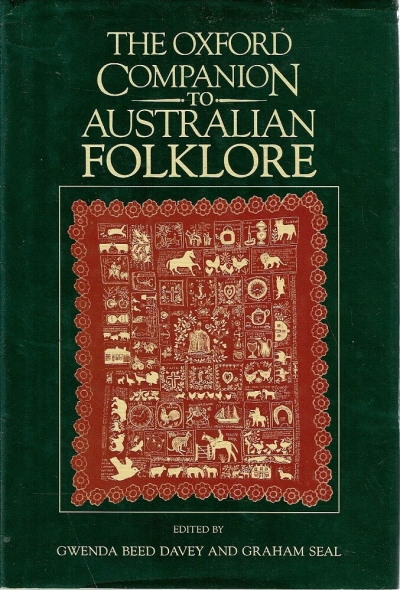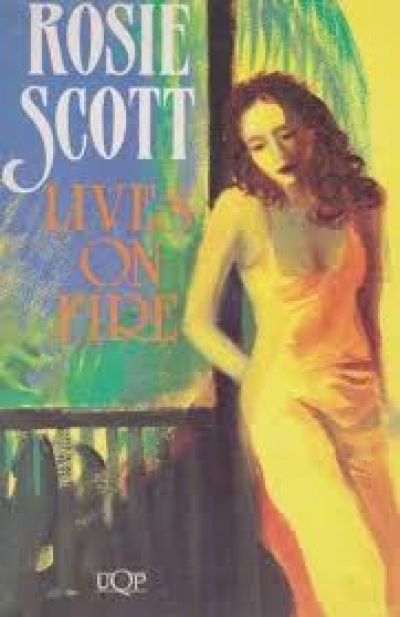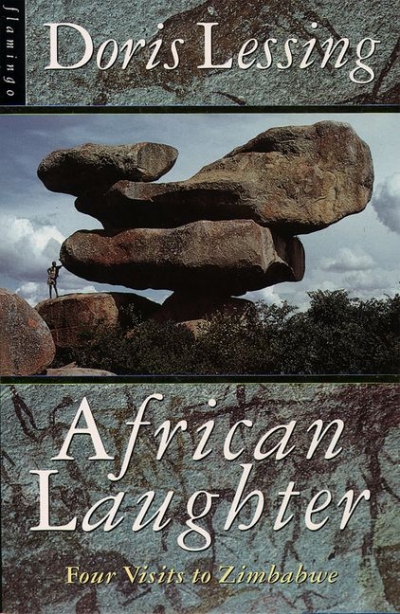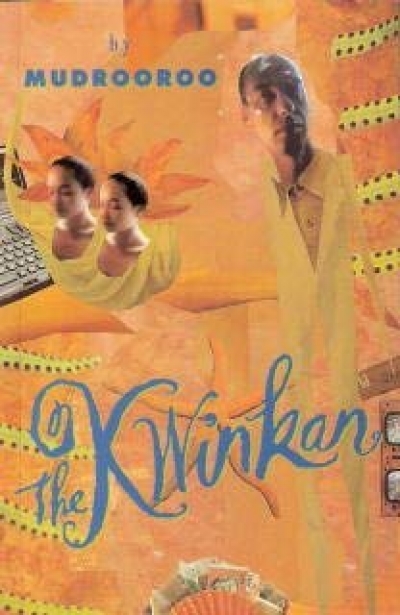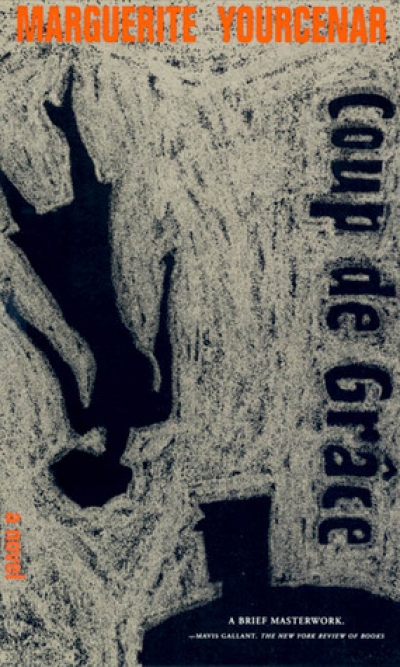Archive
The Oxford Companion to Australian Folklore by Gwenda Beed Davey and Graham Seal
Letters to the Editor - May 1993
Dear Editor,
I was encouraged and shamed by your account of Mabel Edmund’s comments about violence against women. You are so right, even if you understate it a bit, in saying ‘if we don’t get the gender stuff right, then we’ll never get any of it right’. Bodo Kirchhoff’s smug sexist fantasy about finding a Filipina beauty in the monastery kitchen ...
This is the 150th issue of ABR since its revival in 1978, and so it would seem appropriate for us to look back on that time in order to come to some wise conclusions about the state of book reviewing, of literature, of communication and culture in this country.
Appropriate can go jump, however. 150 is splendid, and here’s to another 150 of them.
... (read more)Aboriginal poet and activist, Kevin Gilbert, died in Canberra on 1 April 1993 after a long battle with a respiratory disease. He was sixty years old.
... (read more)
